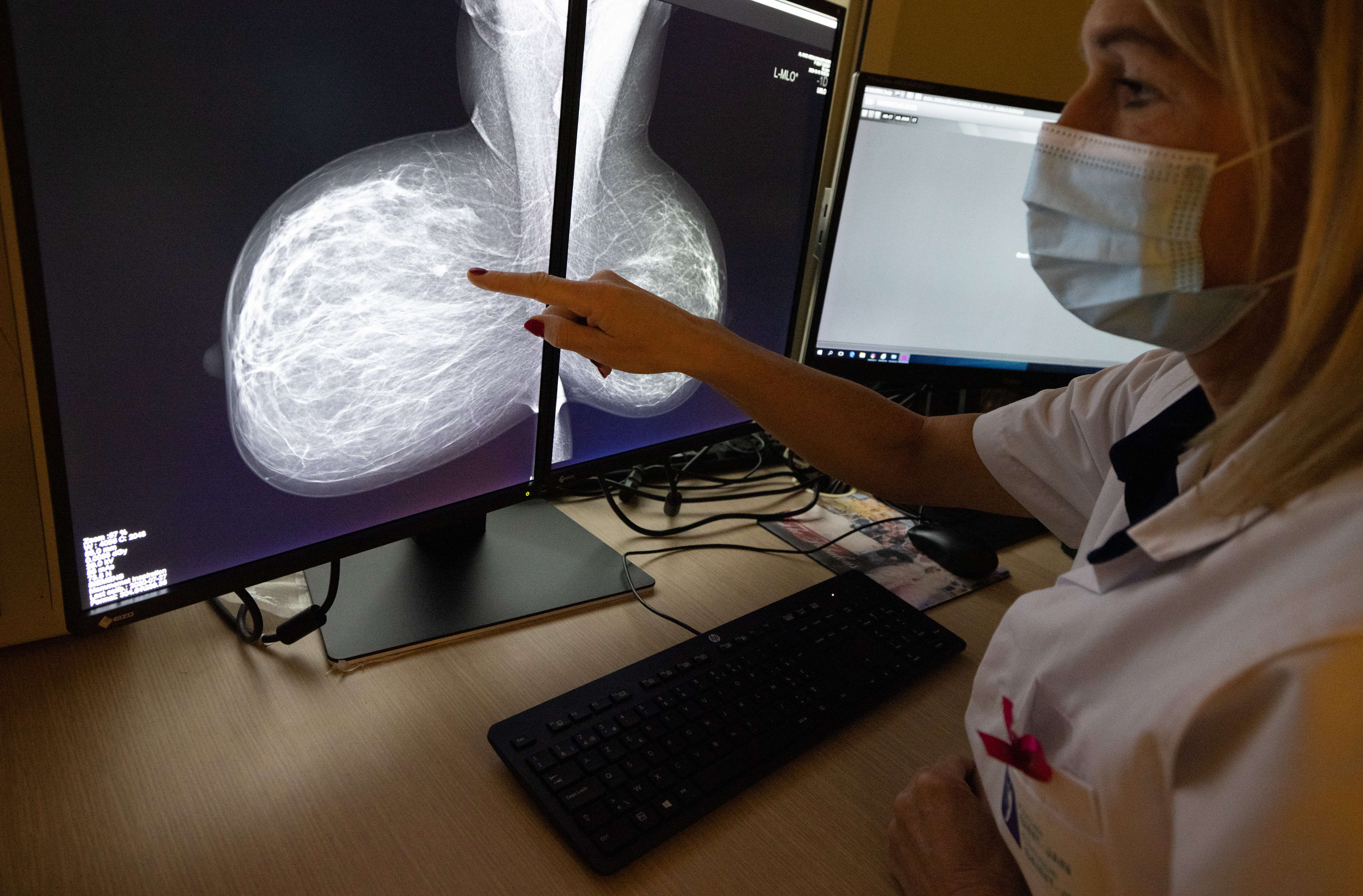Breast and prostate cancer on the rise in Flanders

The number of cases of breast and prostate cancer continues to rise in Flanders, according to Statistics Flanders. At the same time, survival rates for cancers have risen sharply.
Prostate cancer is the most common cancer in men. Breast cancer is among women. In 2022, there were 8,259 new cases of prostate cancer in Flanders, compared to 7,805 the year before. In women, 6,695 new cases of breast cancer were recorded in 2022, 168 cases less than in 2021. “Despite the slight decline, the number of new cases of breast cancer has increased markedly over the years.”
That the number of diagnoses is rising has three reasons, according to cancer researcher Filip Lardon (University of Antwerp). “Both the population and doctors have become more alert. That leads to more diagnoses. The main reason is the ageing population. Cancer is largely a disease of old age. The older a person gets, the more chances of errors in DNA and cell division. Moreover, we cannot rule out increased environmental pollution. In our analyses, we correct for ageing and even then we see a slight increase.’”
At the same time, cancer survival rates have increased dramatically. “More than 90 per cent of breast cancer patients are still alive after five years. In prostate cancer, even almost 98 per cent. A few decades ago, this was unthinkable. New targeted treatments, such as immunotherapy, provided a breakthrough,” says Lardon. Ten years ago, some 27,000 Belgians died of cancer every year. By 2021, that figure was less than 26,000, despite the considerably higher number of diagnoses.
In Flanders, women aged 50 and over are invited for a mammogram every two years to detect breast cancer. With prostate cancer, it is more difficult. “A PSA blood test is insufficiently reliable for a population screening and inviting every person over 50 for a scan would be too invasive,” says Lardon. Moreover, according to the Foundation Against Cancer, the health benefits of such a population screening would be limited: prostate cancer evolves slowly and does not always lead to symptoms.
#FlandersNewsService | © A doctor studies a mommogram BELGA PHOTO BENOIT DOPPAGNE